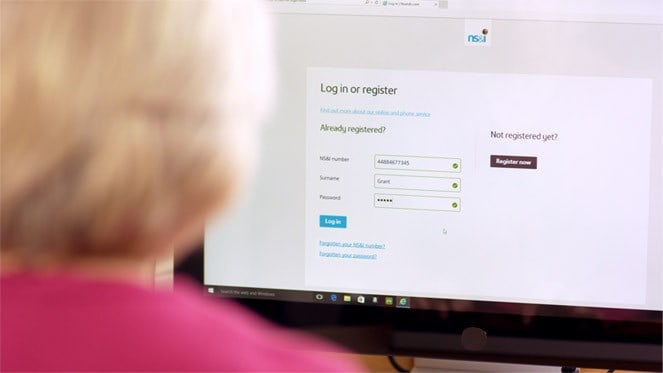Index-linked savings certificates are tax-free bonds issued by National Savings and Investments (NSI). These bonds are no longer available to the general public, but are still available to existing savers who can opt to renew for a 2-year, 3-year or 5-year term on maturity.
Historically, these investments were a way of linking your investment to the Retail Price Index (RPI) to ensure that your cash savings kept pace with inflation. In addition, NSI paid a small fixed rate of interest on top of RPI. However, in May 2019, NSI changed its policy to state that any maturing certificates which are renewed will be linked to the Consumer Price Index (CPI) rather than RPI.
As the CPI is generally lower than the RPI, investors are likely to receive a lower return. NSI justified this switch by citing the fact that RPI lost its status as a National Statistic due to calculation flaws.
Potential returns
Returns will fluctuate based on the CPI measure. Example returns based on a £1,000 investment included below:
| Term | CPI (using Jan-19 rate of 1.8%) |
|---|---|
| 2-year Index-linked Savings Certificate | £1,036.53 Index-linking + 0.01% |
| 3-year Index-linked Savings Certificate | £1,055.29 Index-linking + 0.01% |
| 5-year Index-linked Savings Certificate | £1,093.85 Index-linking + 0.01% |
Whilst rates are generally lower than fixed term savings rates available elsewhere, existing investors who are considering renewing must remember that index-linked savings certificates are tax-free when making direct comparisons.



1 Comment
I hold Premium Bonds and would like to buy Index-linked savings certificates when they will be available.